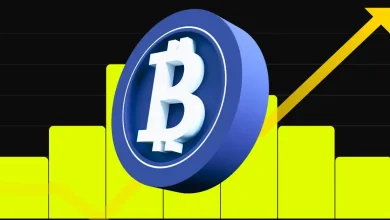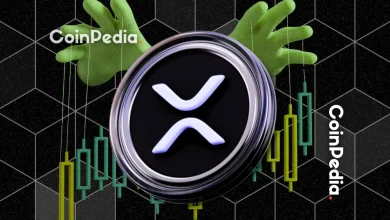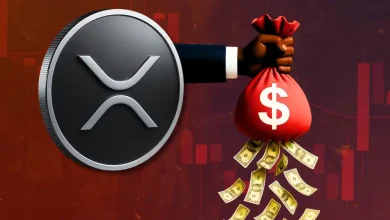
Syrian Economics Research Center proposes integrating Bitcoin into Syria's economy to combat inflation and improve financial access.
The proposal calls for legalizing Bitcoin, creating a hybrid banking system, and developing a robust crypto infrastructure.
Challenges include economic sanctions, limited infrastructure, and ongoing economic recovery from the civil war.
Syria’s economy has been devastated by years of conflict. The financial crisis worsened after the Assad regime, led by Bashar al-Assad, was overthrown. Last month, a new transitional government took charge, raising hopes for economic revival. Now, the Syrian Economics Research Center (SERC) has submitted a proposal to integrate Bitcoin into the country’s financial system.
Here’s what the plan entails.
Syria’s Plan to Adopt Bitcoin
The SERC proposes legalizing Bitcoin and other digital assets, arguing that this could protect Syria’s economy from severe challenges like hyperinflation. Cryptocurrency, the team believes, could provide a much-needed lifeline for stability.
Introducing Centralized and Decentralized Banking
To modernize Syria’s financial services, the proposal suggests creating both centralized and decentralized banking systems. This approach could improve access to banking, especially for people in rural areas who often lack these essential services.
The SERC also emphasizes building infrastructure for digital payments, e-commerce, and remittances. A robust system for these activities could help Syria reconnect with global markets and modernize its economy.
Key Recommendations of SERC’s BTC Proposal
- One of the proposal’s main ideas is to create a digital currency supported by Bitcoin, gold, and the US dollar. This hybrid backing could strengthen trust in the system and make the currency more stable.
- Secondly, Syria should establish a well-regulated, transparent, ecosystem for crypto activities, including trading and mining, to ensure security and fairness.
- Thirdly, Syria should provide self-custody rights to its citizens which will allow them to control their digital assets, promoting financial independence.
Challenges with the SERC’s Plan
The SERC acknowledges that implementing these ideas won’t be easy.
- Sanctions: Syria faces tough international sanctions, making it hard to access global markets and resources for crypto adoption.
- Weak Infrastructure: The country’s financial and technological infrastructure needs significant upgrades to support cryptocurrency.
- Post-War Recovery: Years of war have left Syria’s economy in ruins, creating additional hurdles for the proposal’s success.
Syria’s plan to adopt Bitcoin is a bold and ambitious move. While there are many obstacles, this proposal reflects a desire to rebuild and embrace modern financial systems. If successful, it could mark the beginning of a transformative era for the country’s economy.
Never Miss a Beat in the Crypto World!
Stay ahead with breaking news, expert analysis, and real-time updates on the latest trends in Bitcoin, altcoins, DeFi, NFTs, and more.







